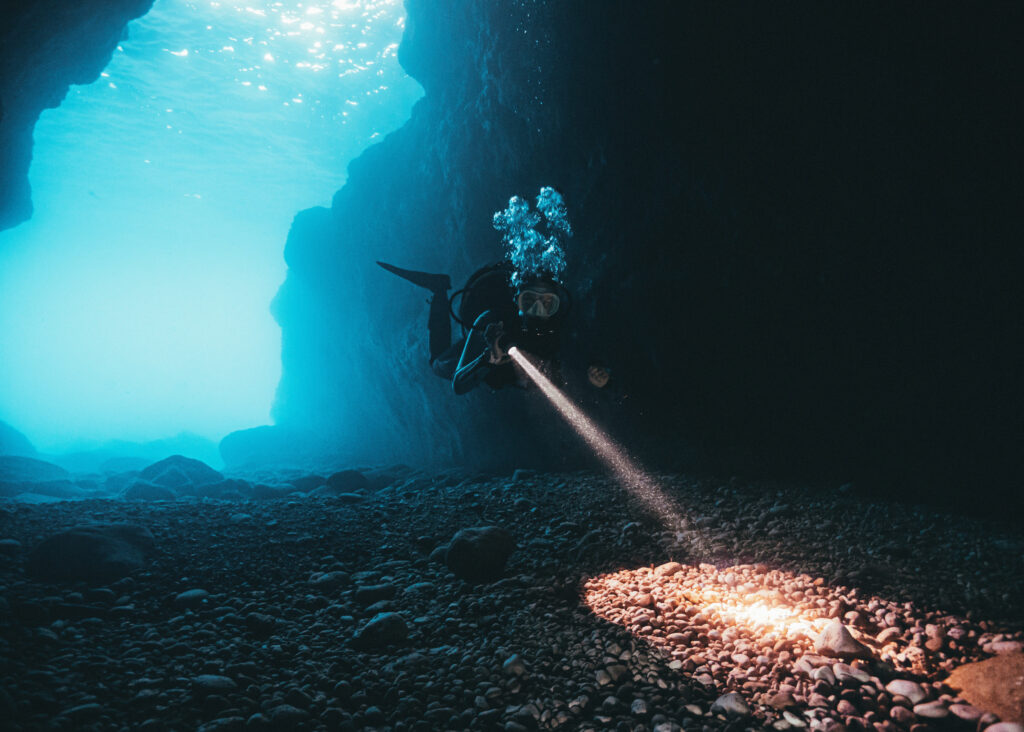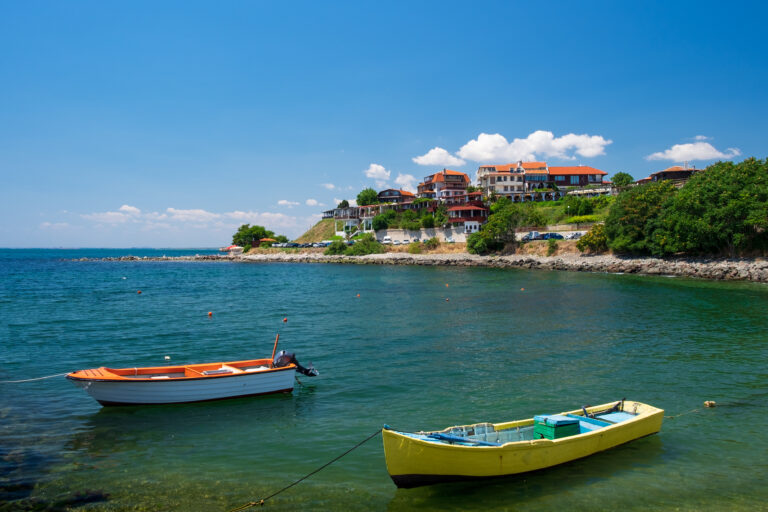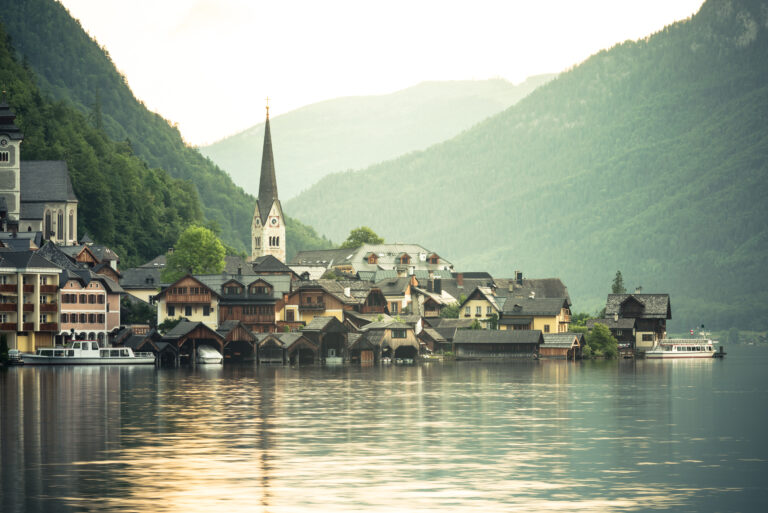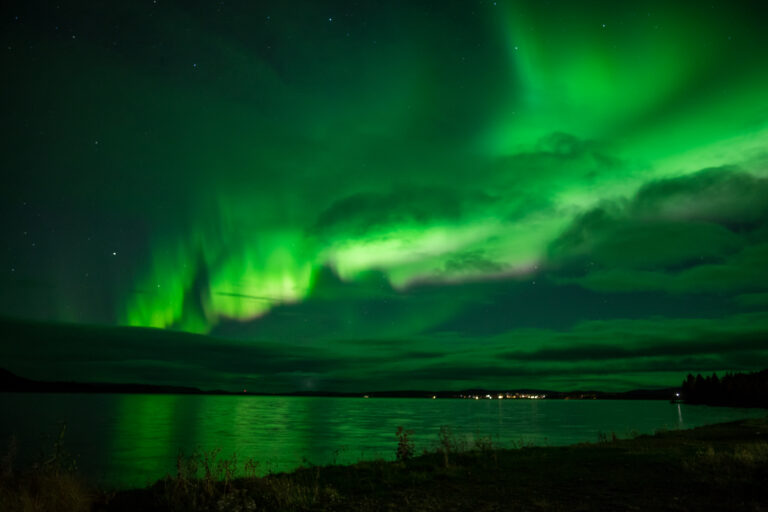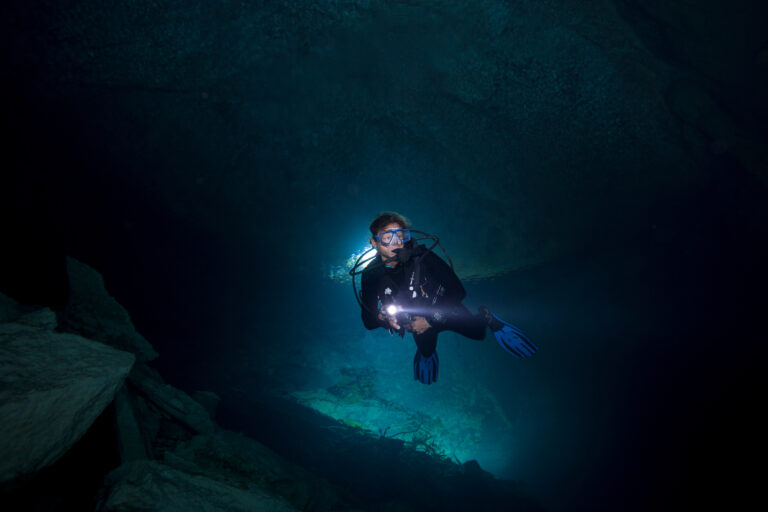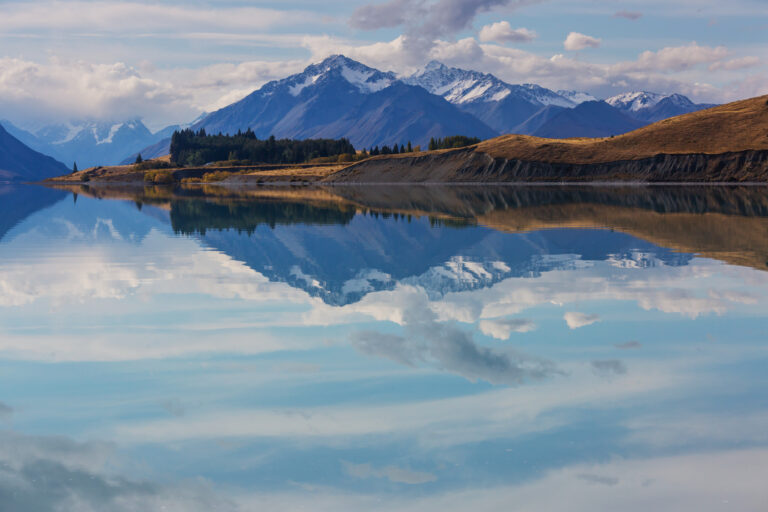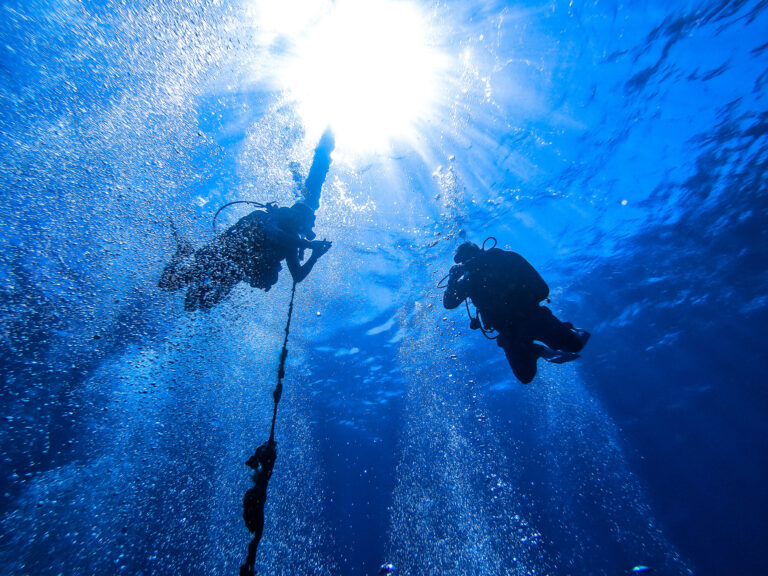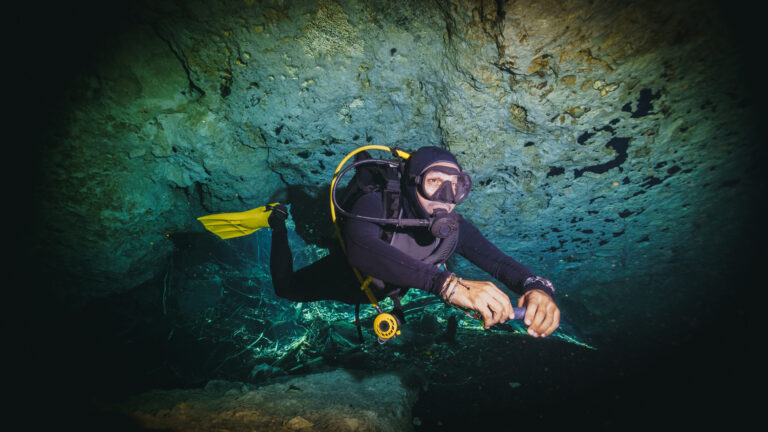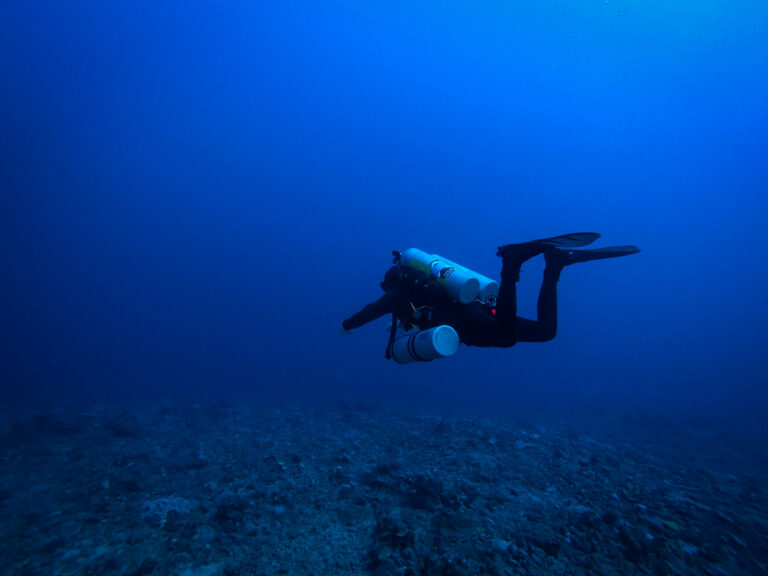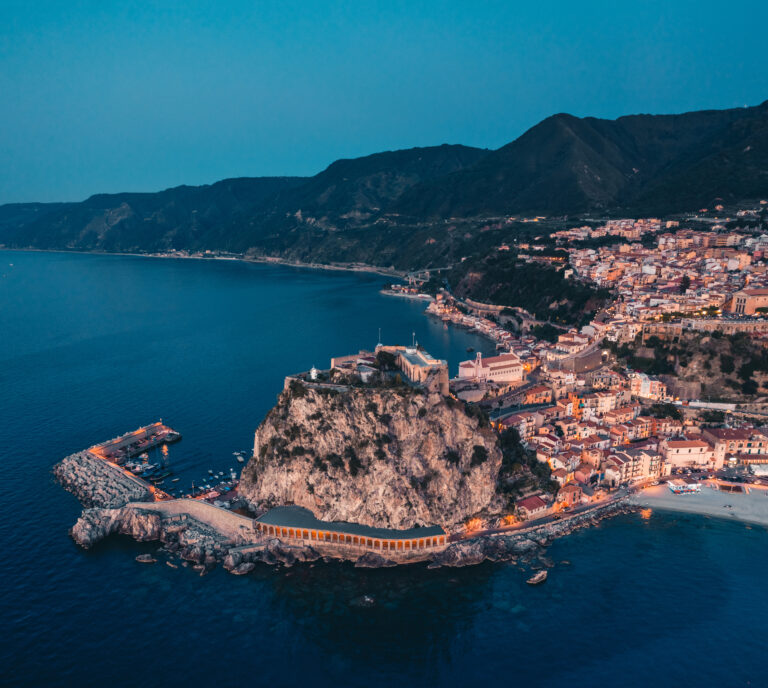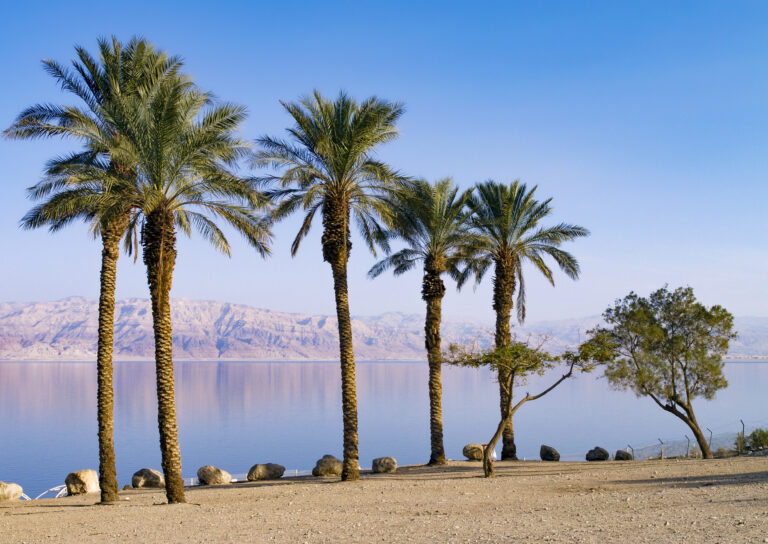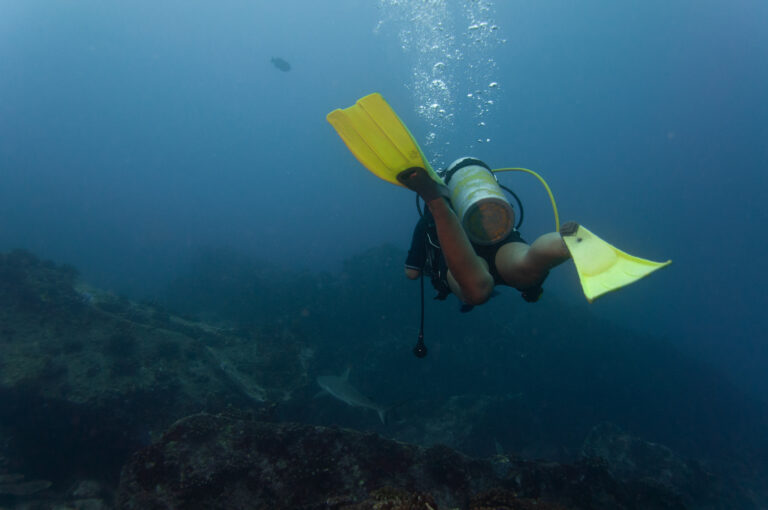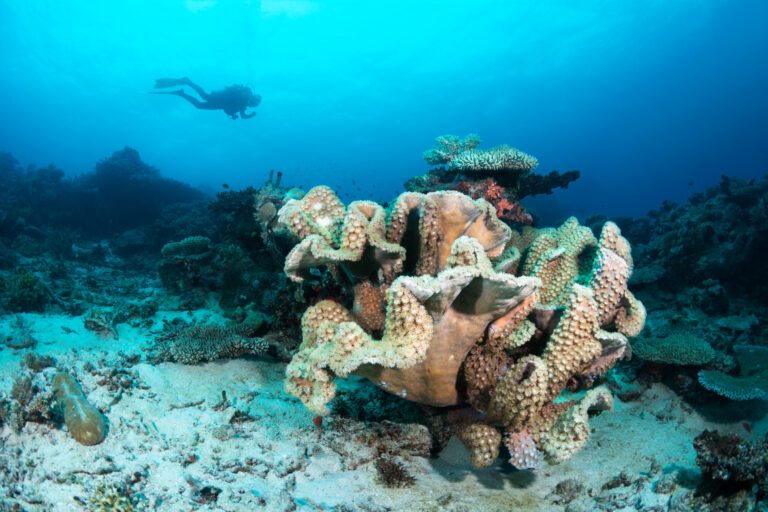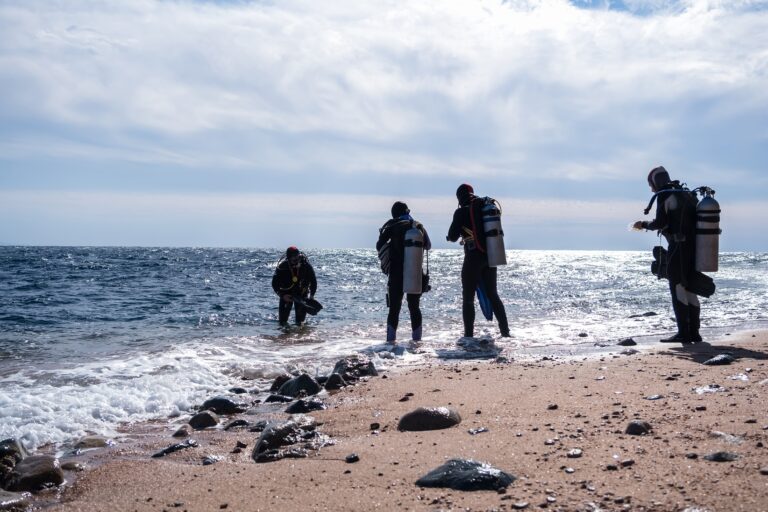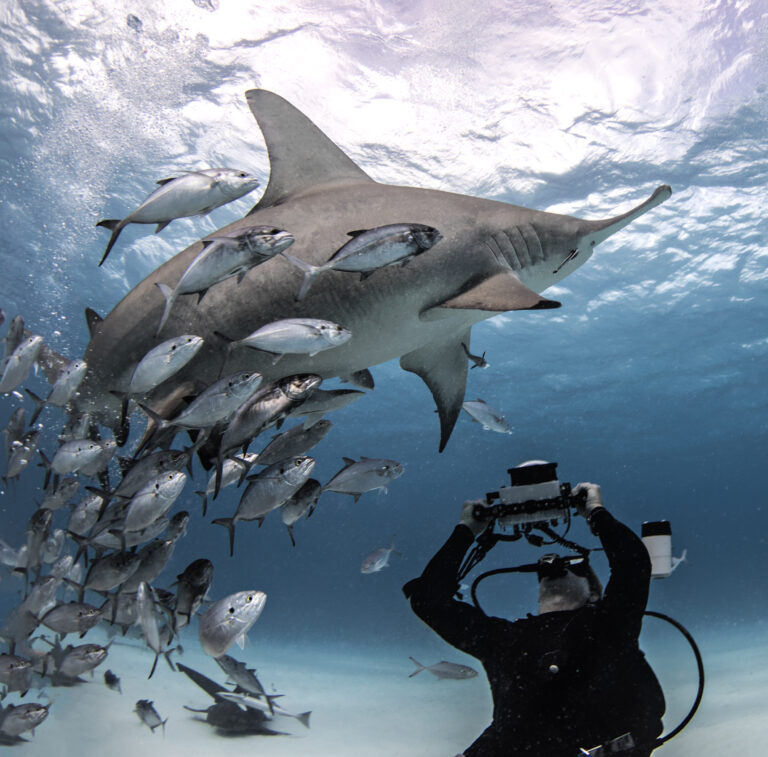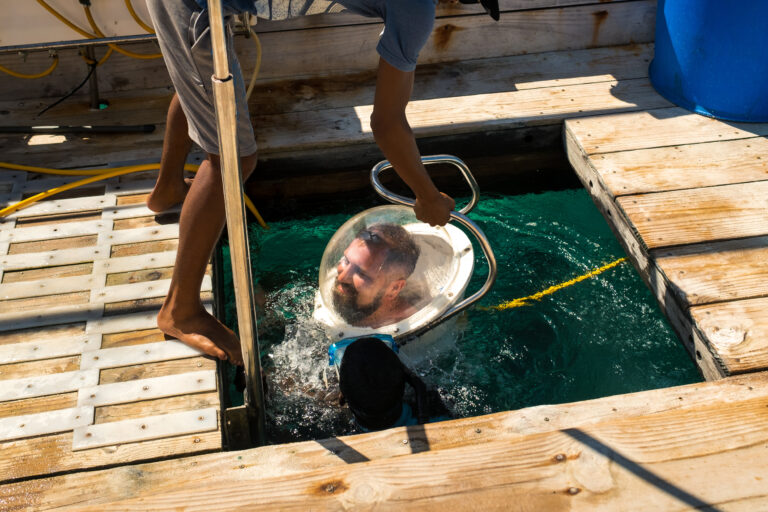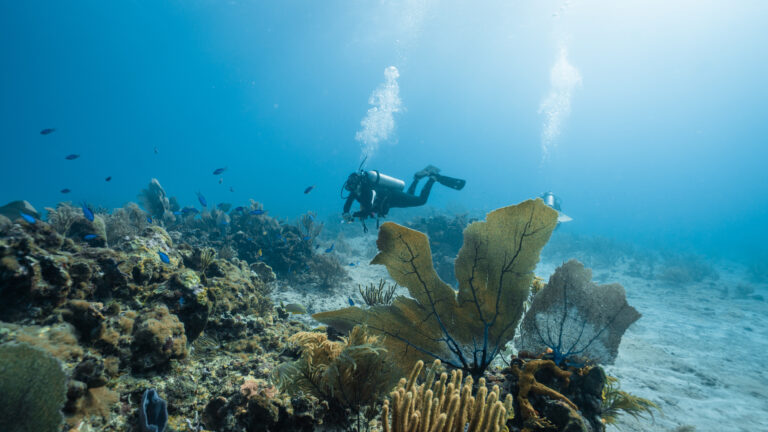Scuba Divers’ Travel Guide to Venezuela
Venezuela, with its extensive Caribbean coastline, is a paradise for scuba divers seeking vibrant marine ecosystems. The country’s waters are teeming with life, from colorful coral reefs to schools of tropical fish and larger marine animals like rays and turtles. The warm, clear waters provide excellent visibility, enhancing the underwater experience. Venezuela’s diverse diving sites offer something for everyone, from shallow reefs ideal for beginners to deeper, more challenging dives for experienced divers. The country’s natural beauty and rich marine life make it a top choice for scuba enthusiasts.
Location and Geography
Venezuela, a country with a vast coastline along the Caribbean Sea, offers a diverse range of scuba diving experiences thanks to its unique geographical location. To the north, the idyllic islands of Los Roques Archipelago, a national park, boast some of the most pristine coral reefs in the Caribbean, with crystal-clear waters and abundant marine life. Further east, the island of Margarita provides a variety of dive sites, from gentle slopes to dramatic walls for more experienced divers. In the northeast, the lesser-known but enchanting Mochima National Park offers a mix of sandy beaches and rocky coves, with reefs teeming with colorful fish. Inland, the Orinoco Delta presents a freshwater diving adventure amidst its labyrinth of waterways and mangroves. Venezuela’s topography, beneath the waves, is as varied as its landscapes above, with underwater mountains, caves, and gardens of soft corals waiting to be explored, making it a captivating destination for divers seeking both adventure and beauty.
Visa and Entry Requirements
Before planning your scuba diving adventure in Venezuela, it is essential to understand the visa and entry requirements for the country. Travelers from many countries, including the United States, Canada, and most European nations, can enter Venezuela without a visa for stays of up to 90 days for tourism purposes. However, it is crucial to ensure that your passport is valid for at least six months beyond the date of your planned departure from Venezuela. Upon arrival, you may be asked to provide proof of return or onward travel, as well as proof of sufficient funds for your stay. It’s important to note that entry requirements can change, so it’s wise to check with the nearest Venezuelan embassy or consulate for the most current information before your trip. Additionally, due to the country’s complex political situation, travelers should stay informed about the latest travel advisories from their government to ensure a safe and enjoyable scuba diving experience in Venezuela’s vibrant underwater landscapes.
Getting to Venezuela
Getting to Venezuela for an unforgettable scuba diving adventure is a journey that begins with a flight to one of its major international airports, such as Simón Bolívar International Airport in Caracas or Santiago Mariño Caribbean International Airport on Margarita Island. Major airlines from around the world offer flights to Venezuela, although it’s worth noting that flight availability may vary depending on your country of origin and current diplomatic relations. Upon arrival, travelers can opt for domestic flights to coastal cities like Puerto La Cruz or take advantage of the country’s bus services, which provide access to renowned diving spots along the Caribbean coast. For those looking to explore the underwater wonders of Los Roques Archipelago or Morrocoy National Park, additional local flights or boat transfers may be necessary. It’s essential to plan your route in advance, considering both convenience and the current local travel advisories, to ensure a smooth start to your scuba diving excursion in Venezuela’s vibrant and diverse marine environments.
Best Time to Dive
Getting to Venezuela for an unforgettable scuba diving adventure is a journey that begins with a flight to one of its major international airports, such as Simón Bolívar International Airport in Caracas or Santiago Mariño Caribbean International Airport on Margarita Island. Major airlines from around the world offer flights to Venezuela, although it’s worth noting that flight availability may vary depending on your country of origin and current diplomatic relations. Upon arrival, travelers can opt for domestic flights to coastal cities like Puerto La Cruz or take advantage of the country’s bus services, which provide access to renowned diving spots along the Caribbean coast. For those looking to explore the underwater wonders of Los Roques Archipelago or Morrocoy National Park, additional local flights or boat transfers may be necessary. It’s essential to plan your route in advance, considering both convenience and the current local travel advisories, to ensure a smooth start to your scuba diving excursion in Venezuela’s vibrant and diverse marine environments.
Accommodation Options
In Venezuela, scuba divers can find a variety of accommodation options to suit their preferences and budgets, ranging from luxurious beachfront resorts to cozy, family-run posadas. Many of the upscale resorts are located on the idyllic islands of Los Roques and Margarita, offering direct access to pristine diving spots along with amenities such as dive shops, gear rental, and guided excursions. For those seeking a more intimate experience, the small inns and guesthouses on the mainland near Morrocoy National Park and Mochima National Park provide a comfortable stay with a local touch, often including home-cooked meals and personalized service. Budget-conscious divers might opt for eco-camps or hostels, particularly in the vicinity of the Parque Nacional Archipiélago de Los Roques, where the focus is on simplicity and the natural environment. Regardless of where you choose to stay, ensure that your accommodation choice aligns with your diving itinerary, as some of the most spectacular dive sites may be off the beaten path and require additional planning for transportation and dive arrangements.
Dive Operators and Dive Shops
In the vibrant waters off the coast of Venezuela, a plethora of dive operators and shops await to cater to the needs of underwater enthusiasts. From the coral-fringed archipelago of Los Roques to the biodiverse island of Margarita, these establishments offer a gateway to some of the most exquisite dive sites in the Caribbean. Dive operators in Venezuela are known for their personalized service, often providing small-group excursions to ensure each diver receives ample attention and a memorable experience. Many shops offer PADI-certified courses, ranging from beginner to advanced levels, allowing divers to enhance their skills amidst the stunning backdrop of Venezuela’s marine life. Equipment rental is readily available, with shops maintaining high standards to ensure safety and comfort for their clients. Seasoned dive masters, fluent in both Spanish and English, guide visitors through a mosaic of underwater landscapes, including vibrant coral reefs, serene mangroves, and the occasional historic wreck. As you plan your aquatic adventure, be sure to verify the credentials and safety records of your chosen dive operator, as well as their commitment to preserving the delicate marine ecosystems of this captivating South American destination.
Transportation within Venezuela
In Venezuela, transportation options to reach scuba diving destinations vary widely, reflecting the country’s diverse geography and infrastructure. Major cities like Caracas, Maracaibo, and Valencia are well-connected by air and road, with Simon Bolivar International Airport in Caracas serving as the primary gateway for international travelers. From there, domestic flights can take you closer to coastal areas such as Morrocoy National Park or the idyllic island of Margarita, both renowned for their underwater landscapes. For the world-famous Los Roques Archipelago, a short flight from Caracas is the most common way to arrive. On the mainland, reliable bus services and car rentals are available, though the quality of roads can vary, and caution is advised when driving. Boat transfers are essential for reaching more remote dive sites, and these can be arranged through local dive shops or tour operators. Always consider local advice on transportation, as conditions can change due to weather or other factors, and ensure that your travel plans are flexible to accommodate these changes.
Currency and Payment Methods
When planning a scuba diving trip to Venezuela, it’s essential to understand the local currency and payment methods to ensure a smooth experience. The official currency is the Venezuelan bolívar, but due to hyperinflation and economic instability, prices can fluctuate wildly, and foreign currencies, particularly the US dollar, are often preferred by local businesses. Credit card acceptance is limited, and where they are accepted, transactions may be unreliable due to connectivity issues. It’s advisable to carry cash in small denominations for everyday expenses and to exchange money at official bureaus or banks, as the black market can be risky. ATMs are available but may not always be operational or safe to use, so securing funds before heading to remote diving locations is prudent. Always check the latest travel advisories and financial news before your trip, as the economic situation can change rapidly.
Language and Communication
When embarking on a scuba diving adventure in Venezuela, it is important to consider the language and communication nuances that will enhance your experience. Spanish is the official language of Venezuela, and while some dive operators and guides may speak English, especially in tourist-heavy areas like Los Roques Archipelago or Morrocoy National Park, a basic understanding of Spanish will go a long way. Familiarize yourself with common diving terms in Spanish, as well as phrases that can help in emergencies or when discussing equipment and dive conditions. Non-verbal communication underwater, such as hand signals, remains universal, but clarifying these with your dive guide beforehand can prevent any misunderstandings. Carrying a waterproof dive slate or a set of pre-agreed signals can also be invaluable for clear communication with your dive buddy and guides. Embracing the local language will not only improve safety and coordination during your dives but will also enrich your cultural experience in Venezuela’s vibrant underwater world.
Local Culture and Attractions
Venezuela, with its rich cultural tapestry and diverse landscapes, offers more than just breathtaking underwater experiences for scuba divers. After exploring the vibrant coral reefs and marine life of the Caribbean coast, take time to immerse yourself in the local culture by visiting the colorful colonial architecture of cities like Coro and the historic center of Caracas. Engage with the warm and welcoming locals at bustling markets where you can find an array of handcrafted goods, from intricate woven baskets to unique jewelry. Music and dance are integral to Venezuelan life, so be sure to experience the infectious rhythms of salsa, merengue, and the traditional joropo. For a taste of adventure on land, the country boasts attractions such as the towering Angel Falls, the highest uninterrupted waterfall in the world, located in the Canaima National Park, a UNESCO World Heritage site. The park’s dramatic tepuis (tabletop mountains) and the Orinoco Delta, with its rich ecosystem, offer a glimpse into the natural splendor that complements Venezuela’s underwater wonders. Whether you’re indulging in the local cuisine, which includes arepas and fresh seafood, or exploring the historical and natural sites, Venezuela’s local culture and attractions provide a vibrant backdrop to a memorable scuba diving trip.
Cultural Etiquette and Tips
When planning a scuba diving trip to Venezuela, it’s important to be mindful of local customs and cultural etiquette to ensure a respectful and enjoyable experience. Venezuelan culture is known for its warmth and hospitality, but it’s also quite formal in social settings. When greeting someone, a firm handshake accompanied by direct eye contact is customary, and using titles such as “Señor” or “Señora” is appreciated. It’s also common to exchange pleasantries and engage in small talk before discussing diving plans or business. When visiting coastal communities or dive shops, showing appreciation for the local marine conservation efforts and inquiring about sustainable diving practices can help foster positive relationships. Be aware that punctuality may be more relaxed in Venezuela, so patience is a virtue. Additionally, modesty in dress when not on the beach or boat is respected, and it’s advisable to avoid sensitive political discussions given the country’s complex political climate. Always ask for permission before taking photos of people or their property, and remember to tip service providers, such as dive guides and boat crews, for their assistance and expertise. By observing these cultural nuances, you’ll enhance your interactions with the locals and contribute to a mutually respectful diving adventure in Venezuela’s vibrant underwater world.
Local Laws and Regulations Relevant to Tourists
Before plunging into the vibrant underwater landscapes of Venezuela, scuba divers should be aware of local laws and regulations to ensure a safe and lawful experience. Venezuela requires all divers to be certified by a recognized scuba diving agency and to carry their certification card during dives. The country is home to several protected marine parks, such as the Mochima National Park and Morrocoy National Park, where specific rules apply, including restrictions on fishing, anchoring, and collecting any marine life. It is mandatory to dive with a guide or an operator authorized by the National Parks Institute (Inparques) when in these areas. Additionally, tourists should be conscious of environmental regulations aimed at preserving the delicate coral reefs and marine habitats; touching or standing on coral, as well as the use of non-biodegradable sunscreens, is prohibited. Given the dynamic political situation, it is also advisable to stay updated on any changes in regulations or areas restricted due to safety concerns. Always check with local dive shops and authorities for the most current information before your dive.
Safety Tips and Emergency Contacts
When planning a scuba diving trip to Venezuela, safety should be your top priority. Always ensure that your diving equipment is in good condition and that you are diving within the limits of your certification and experience. It is crucial to be aware of the local marine life and currents, as the waters can be home to strong undercurrents and potentially hazardous species. Dive with a reputable company that offers a thorough briefing and has emergency procedures in place. Before diving, familiarize yourself with the nearest hyperbaric chambers and medical facilities equipped to handle diving-related injuries. In case of an emergency, it is important to have the contact information for the local coast guard and DAN (Divers Alert Network) Latin America (+1-919-684-9111), which can provide emergency assistance and evacuation services. Always carry a means of communication, such as a marine radio or a satellite phone, especially when diving in remote areas. Remember to dive with a buddy, monitor your air supply, and respect all safety stops to minimize the risk of decompression sickness. By following these guidelines and being prepared for emergencies, you can help ensure a safe and enjoyable diving experience in the beautiful waters of Venezuela.
Health and Travel Insurance
When planning a scuba diving trip to Venezuela, it is crucial to prioritize your health and ensure you have comprehensive travel insurance that covers diving activities. Given the remote locations of some of the best dive sites, like Los Roques Archipelago and Morrocoy National Park, access to medical facilities may be limited. Therefore, divers should seek a policy that includes coverage for hyperbaric treatment, medical evacuation, and repatriation in the event of a diving accident or illness. Additionally, due to the varying levels of local healthcare infrastructure, it is advisable to be vaccinated according to the latest health guidelines and to carry a personal first-aid kit equipped for minor injuries. Always verify that your insurance provides sufficient coverage for the entirety of your stay, and be aware of any exclusions that might affect you, especially in light of Venezuela’s unique political and economic situation, which can impact the availability and quality of local healthcare services.

